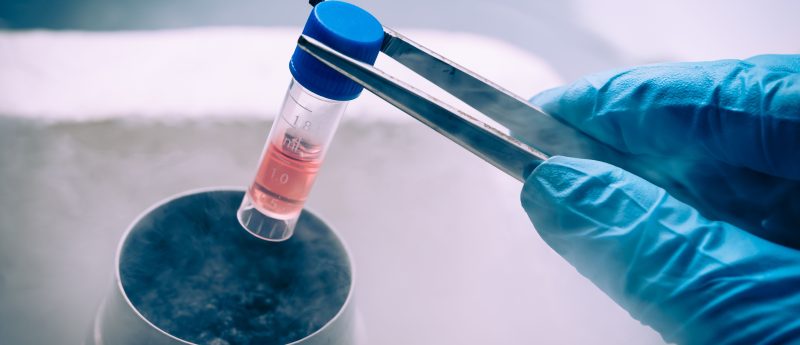iPSC-based corneal transplants proven safe and effective in Japanese clinical trial

Researchers from Osaka University (Japan) have concluded that transplanting iPSC-derived corneal tissue into four nearly blind patients was safe and effective after conducting a world first clinical trial.
During the study, a research team led by Koji Nishida at Osaka University (Japan) transplanted iPSC-derived corneal tissue into four patients with corneal stem cell deficiency. The procedure for the clinical trial involved culturing corneal cells in vitro from donor iPSCs to create 0.05mm thick sheet-like corneal tissues.
The tissues were transplanted into patients between July 2019 and December 2020, and patients were each monitored for a year. Results from the trial confirmed that the transplanted tissues were not rejected, no tumorigenicity was reported and that corneal clouding had improved overall.
Corneal stem cell deficiency is a condition that is caused by losing cells in the eye that produce the cornea, resulting in deteriorating eyesight and blindness. Currently, there is no effective treatment. Whilst corneal transplantation represents a potential treatment option, there is a chronic shortage of corneal donors and risk of transplant rejection.
The results from this trial were presented at a recent news conference and represent a potentially safe and effective clinical treatment. At the conference, Nishida commented “we hope this procedure will come to be performed around the world.”
However, further research is required to confirm the safety and efficacy of the treatment before iPSC derived corneal tissue can be put into clinical use. A further clinical trial will be held in 2023 in Japan.
Japan team proves iPS-based cornea transplants are safe in first clinical trial. https://www.japantimes.co.jp/news/2022/04/04/national/science-health/ips-cornea-transplant-safe/ [Accessed on 7 April 2022].